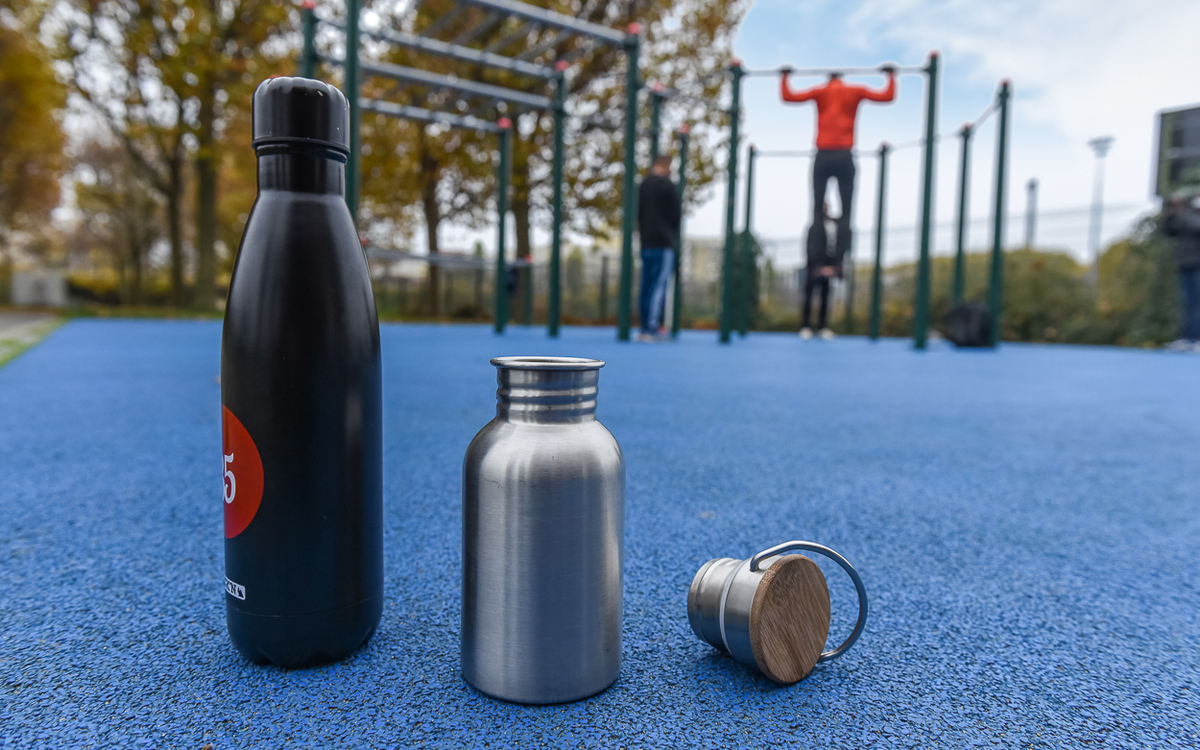Cette page est aussi disponible en français
Plastic pollution particularly affects urban areas, with their high population density and intense economic activity. An international forum on this issue was held in Paris from May 29 to June 2, 2023.
France hosted the second negotiating session of the global treaty to end plastic waste pollution, from May 29 to June 2, 2023. This meeting follows a United Nations Environment Resolution adopted on March 2, 2022 in Nairobi.
This treaty, due to be completed by the end of 2024, aims to recognize plastic as a major pollutant of our ecosystems (soil, air, water) and to drastically reduce plastic production for signatory countries by binding national commitments (similar to the commitments to reduce CO2 emissions by signatories to the Paris climate agreement).
To mark the occasion, the Mayor of Paris, in conjunction with a number of networks, wanted to bring together mayors from all over the world (Turku in Finland, Amsterdam, Greenville in the USA, Quezon City in the Philippines, Bogor in Indonesia, Ambikapur in India, Morocco, Nouakchott, Quelimane City in Mozambique) who are at the forefront of efforts to combat plastic pollution, to influence future discussions.
What you need to know
Part of the total production of plastic waste comes from municipal solid waste streams. Much of this waste ends up in landfills, rivers and oceans, and contributes significantly to climate change.
Legally binding obligations
Scientists, non-governmental organizations, intergovernmental bodies, and philanthropists engaged in combating plastic pollution were invited to participate in a day of dialogue focused on solutions to reduce the impact of plastics on the planet.
Two high-level personalities concluded the sequence: Dr Jeanne d'Arc Mujawamariya, Minister of the Environment of Rwanda, who co-chairs the High Ambition Coalition with Norway, and Manuel Pulgar Vidal, President of COP20 and Special Envoy for Biodiversity.
Anne Hidalgo called on the treaty negotiators to set an ambitious target for ending plastic pollution, by drawing up legally binding obligations and control measures common to all parties. She stressed the need for financial support for developing countries. The mayor also called on the future treaty to include bans on single-use plastics (SUPs), as well as on problematic polymers and additives.
Default Confirmation Text
Settings Text Html
Settings Text Html
The end of single-use plastic in 2024
Anne Hidalgo also outlined the municipality's ambitions to put an end to the use of single-use plastic, and presented the first concrete actions to achieve this.
The City is pursuing a policy to combat plastic pollution, with one objective: to move away from single-use plastics by 2024. Paris aims to use the 2024 Olympic and Paralympic Games as a catalyst for accelerating the elimination of single-use plastics, as outlined in its 2019 "Olympic transformations" initiative. This objective has been broken down into the most visible uses and the products most likely to escape into the environment.
The ambition for the Games is to show that we can make a difference in certain plastic-intensive areas, such as beverages, food and advertising accessories. In addition to the Olympic and Paralympic fortnights, measures will be implemented throughout Paris, including a ban on road races using single-use plastics (bottles, cups), the introduction of recycling around the Bassin de la Villette and on the banks of the Seine, and the launch of the first zero-plastic certification for economic and tourism players.
We want to hear from you!
Was this information useful to you?
Please note: we cannot reply via this form (please do not include any personal information).
